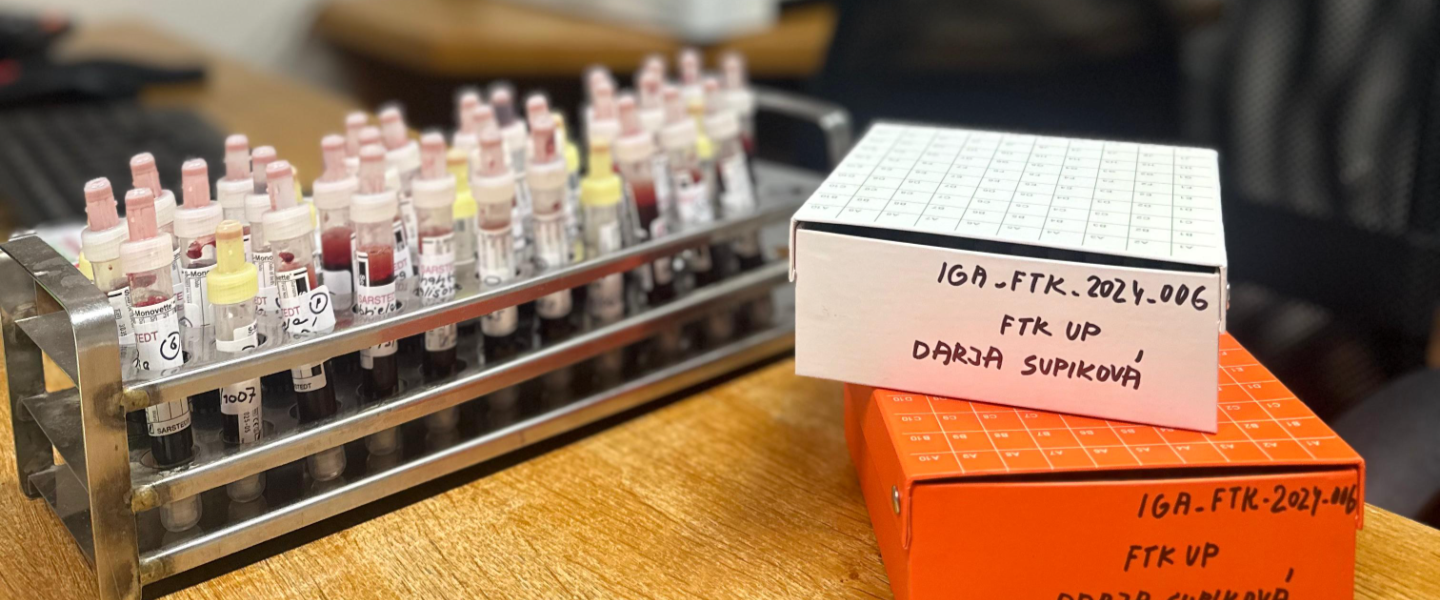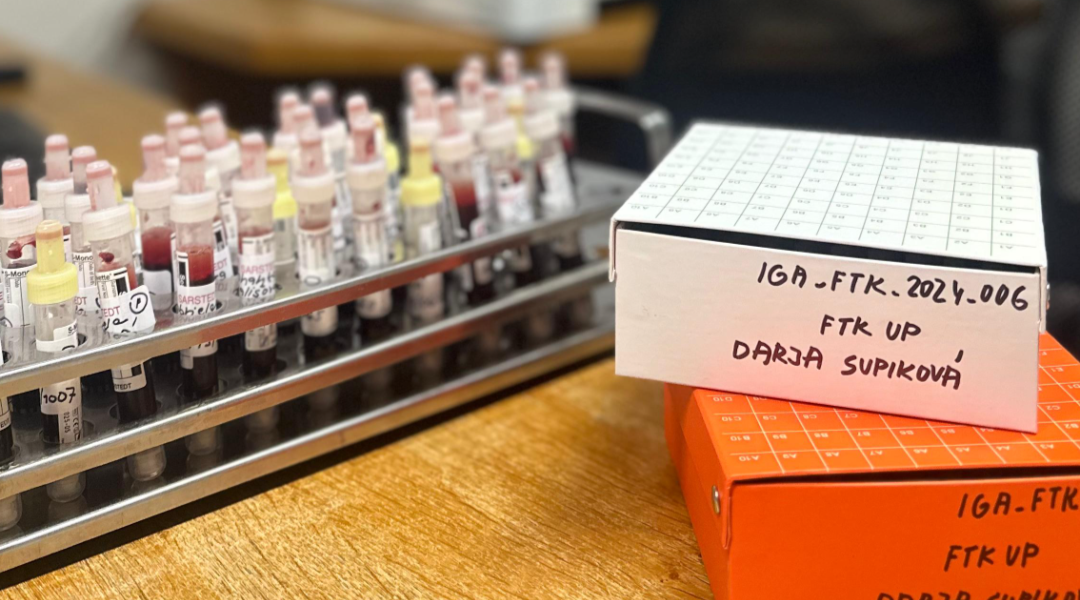
A unique research project has commenced at Bludov Spa, investigating the potential of molecular hydrogen to support weight loss in obese children and adolescents. This innovative study, conducted in collaboration with the Faculty of Physical Culture at Palacký University Olomouc and the H2 Global Group, could represent a major breakthrough in adolescent obesity treatment. The research is being carried out as a double-blind experiment, ensuring maximum objectivity.
Obesity affects approximately 20% of the Czech population and over 13% of the global population, making it a serious worldwide public health concern.
“The idea to examine the effect of molecular hydrogen on weight loss in obese children arose from growing interest in its therapeutic properties,” explains Mgr. Darja Supíková of the Olomouc University research team.
“Molecular hydrogen has antioxidant and anti-inflammatory effects, which may play an important role in regulating metabolism and reducing oxidative stress—both of which are factors associated with obesity.”
Double-Blind Clinical Trial with Hydrogen-Enriched Water
The study is being conducted on a sample of 60 adolescents aged 13 to 18, each of whom consumes hydrogen-enriched water three times daily over the course of four weeks—the standard duration of spa-based obesity treatment.
The H2 Global Group has provided the bottled water for the study in two variants: half of the cans contain molecular hydrogen, while the other half contain plain drinking water. Since neither the patients nor the spa staff know which variant they are administering, the trial meets double-blind clinical standards.

Research leader Mgr. Darja Supíková also prepared regular exercise classes for the research participants. Photo source: Darja Supíková
Collaboration Rooted in Health
According to Assoc. Prof. Michal Botek, who is leading the study, a memorandum of cooperation was signed prior to the trial between Palacký University, Bludov Spa, and H2 Global Group, which also provides technological support.
“The partnership between these three institutions is rooted in a shared commitment to health,” says Dr Botek.
“Our working hypothesis was that molecular hydrogen could enhance the effectiveness of weight reduction programmes for individuals struggling with overweight or obesity. This idea was based on several promising findings from previous experimental studies—conducted on animals, cultured cells, and even in some human trials.”
Participants drink 500 ml of bottled water three times a day, after which they undergo a thorough round of physical and metabolic testing. The effectiveness of the therapy is assessed through body composition analysis and biochemical markers such as blood glucose levels, lipid profiles, and inflammatory markers.
“So far, no side effects associated with the intake of molecular hydrogen have been observed,” notes Supíková.
“Progress in genetic research, personalised medicine, and novel therapeutic approaches—such as molecular hydrogen—represent the future of obesity treatment. I see great potential in this area for developing safer and more effective therapies tailored to individual patient needs.”
A New Approach to Obesity Treatment
Current research into obesity in the Czech Republic focuses primarily on prevention, diagnosis, and treatment. This study may contribute valuable new insights and methodologies, particularly through its use of innovative therapies.
“Our findings could enrich current treatment strategies,” Supíková concludes.
“In particular, molecular hydrogen may offer a promising and effective new option for addressing adolescent obesity, ultimately contributing to improved public health.”
